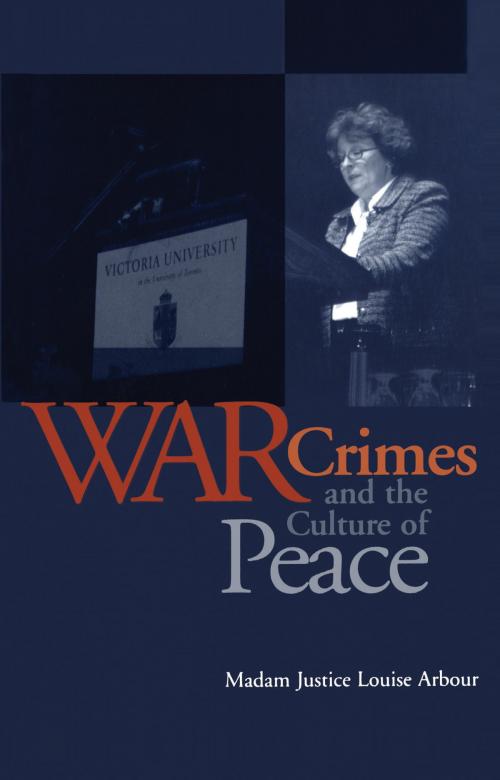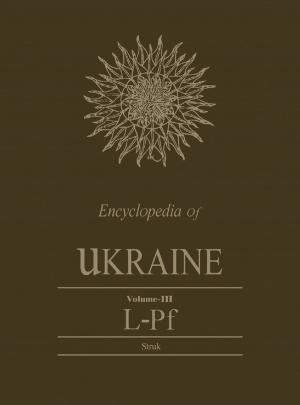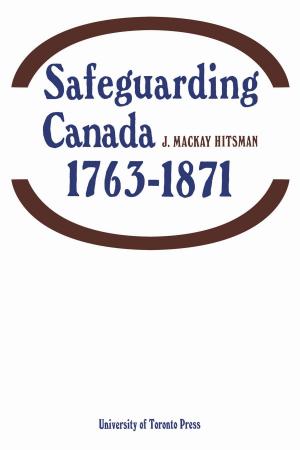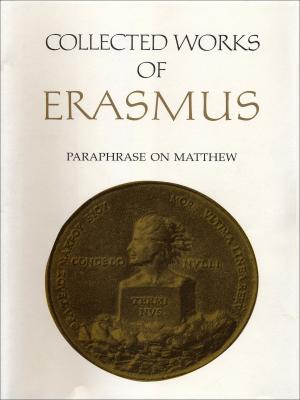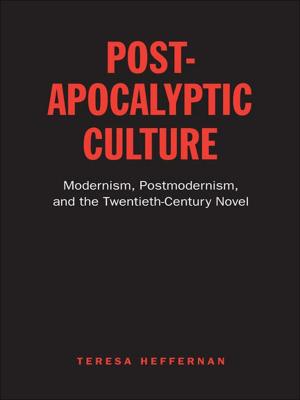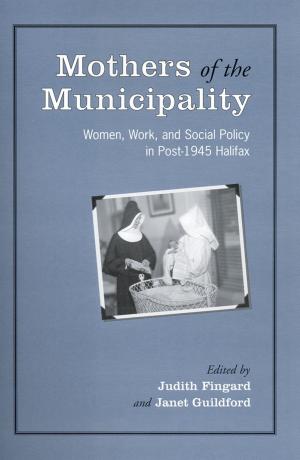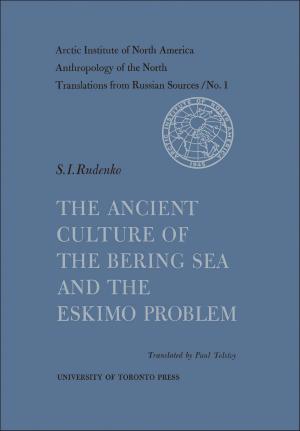War Crimes and the Culture of Peace
Nonfiction, Reference & Language, Law, Trial Practice, Criminal Procedure, International| Author: | Louise Arbour | ISBN: | 9781442655126 |
| Publisher: | University of Toronto Press, Scholarly Publishing Division | Publication: | December 15, 2002 |
| Imprint: | Language: | English |
| Author: | Louise Arbour |
| ISBN: | 9781442655126 |
| Publisher: | University of Toronto Press, Scholarly Publishing Division |
| Publication: | December 15, 2002 |
| Imprint: | |
| Language: | English |
In 1996, Louise Arbour was appointed by the Security Council of the United Nations as Chief Prosecutor for the International Criminal Tribunals for the former Yugoslavia and Rwanda. Reflecting on these experiences, she argues in War Crimes and the Culture of Peace that the level of public awareness and understanding of the significance of these events is minimal in part as a result of the way in which international criminal law is practiced.
Justice Arbour contends that previous efforts to unite concepts of international law and criminal law in the practice of these tribunals are evolving, and suggests that the ties between personal criminal accountability and peace should be central to the decisions made in the future concerning procedural models for the permanent International War Crimes Tribunals. As a result, the public might better understand the context and causes of such crime, and the notion of crime as a breach of the peace would be made central to these trials.
Justice Arbour delivered War Crimes and the Culture of Peace as the fifth annual Senator Keith Davey Lecture at Victoria University at the University of Toronto in January 2001.
In 1996, Louise Arbour was appointed by the Security Council of the United Nations as Chief Prosecutor for the International Criminal Tribunals for the former Yugoslavia and Rwanda. Reflecting on these experiences, she argues in War Crimes and the Culture of Peace that the level of public awareness and understanding of the significance of these events is minimal in part as a result of the way in which international criminal law is practiced.
Justice Arbour contends that previous efforts to unite concepts of international law and criminal law in the practice of these tribunals are evolving, and suggests that the ties between personal criminal accountability and peace should be central to the decisions made in the future concerning procedural models for the permanent International War Crimes Tribunals. As a result, the public might better understand the context and causes of such crime, and the notion of crime as a breach of the peace would be made central to these trials.
Justice Arbour delivered War Crimes and the Culture of Peace as the fifth annual Senator Keith Davey Lecture at Victoria University at the University of Toronto in January 2001.
